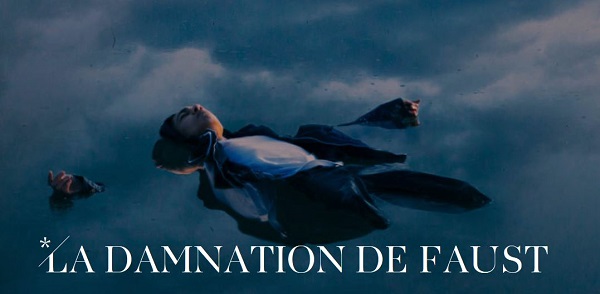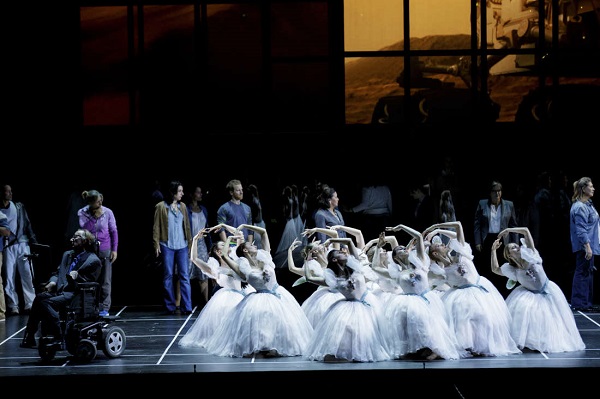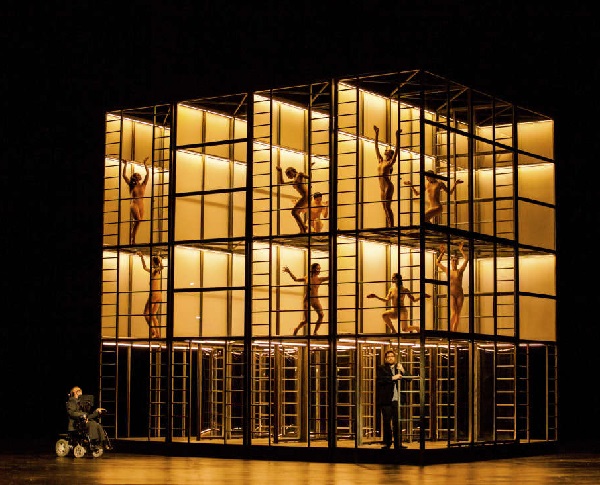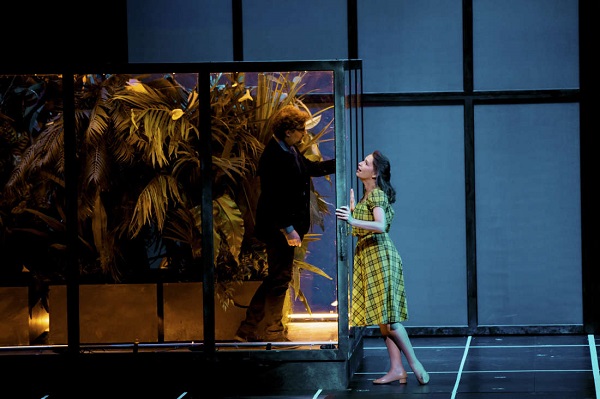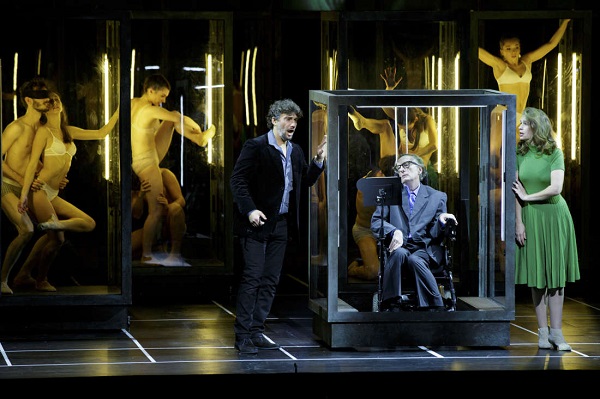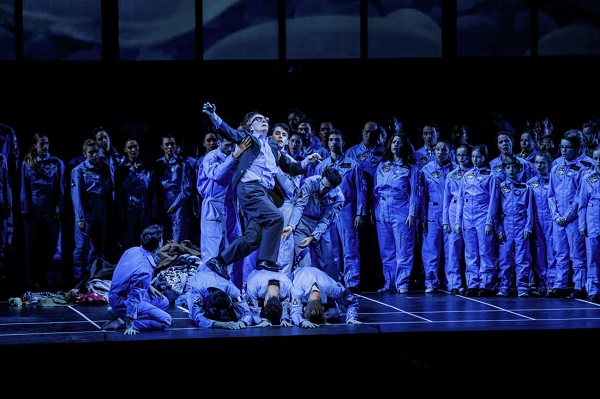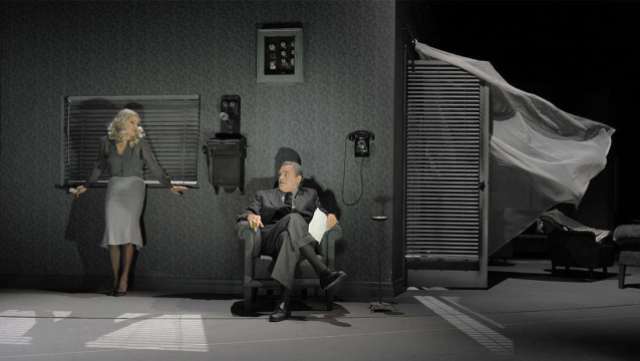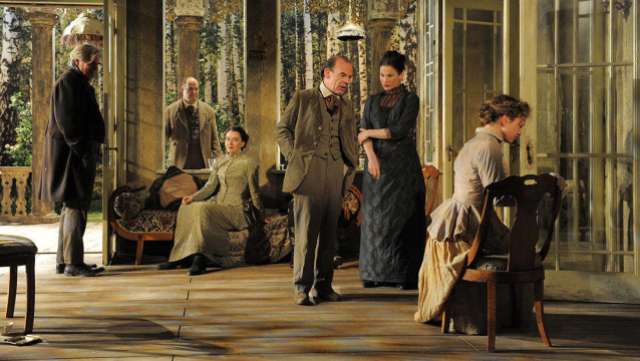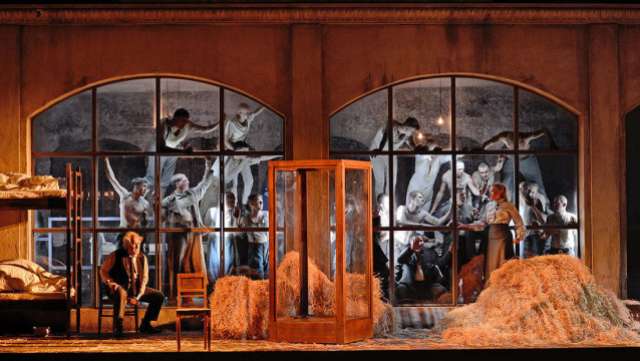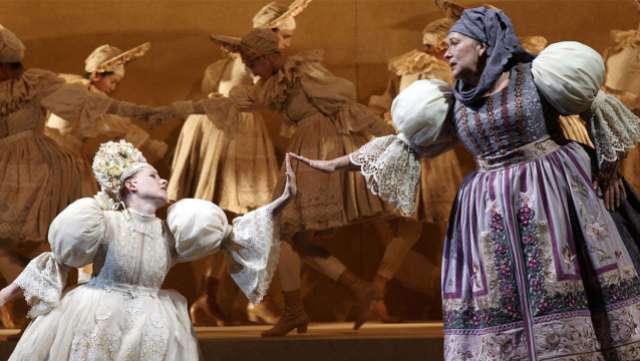Opéra Bastille from 05 to 29 December 2015 –
Avant-première Sat. 5 Dec. (under-28s) –
Opening night Tue. 8 Dec. –
La Damnation de Faust –
Légende dramatique in four parts (1846) –
- Music –
- Hector Berlioz —
- Libretto –
- Hector Berlioz –
Almire Gandonnière – -
CAST –
Conductor Philippe Jordan –
Director Alvis Hermanis –
Marguerite Sophie Koch –
Faust Jonas Kaufmann 5-20 déc. Bryan Hymel 23-29 déc. –
Méphistophélè Bryn Terfel –
Brander Edwin Crossley-Mercer –
Voix celest Sophie Claisse –
Rôle muet et dans Dominique Mercy –
Set design Alvis Hermanis –
Costume design Christine Neumeister –
Lighting design Gleb Filshtinsky –
Video Katrina Neiburga –
Choreography Alla Sigalova –
Dramaturgy Christian Longchamp –
Chorus master José Luis Basso –Paris Opera Orchestra and Chorus
Maîtrise des Hauts-de-Seine / Paris Opera Children’s ChorusFrench and English surtitles
Conception of speech synthesis by Greg BellerThis production will be recorded for television.
A coproduction by the Paris Opera, Telmondis and Mezzo with support from the CNC and directed by Louise Narboni.
Broadcast live in cinemas on 17 December and as of 19 December on Culture Box.
Broadcast on France 3 and France Musique at a later date
“Who are you, you whose burning look penetrates like the flash of a dagger and who, flame-like, burns and devours the soul?”– La Damnation de Faust, Part II, scene 5
“This marvelous book fascinated me from the very beginning. I could not put it down. I read it incessantly, during meals, in the theatre, in the street, everywhere.” And so it was, following the composer’s discovery of Faust Part One in 1828 that Goethe joined Virgil and Shakespeare to form Berlioz’s trinity. Without taking the time to catch his breath, he set the verse passages of Gérard de Nerval’s translation to music and published them under the title Huit scènes de Faust. Eighteen years later, during his travels “in Austria, Hungary, Bohemia and Silesia” he decided to revise and develop the material into La Damnation de Faust, whereupon the same feverish urge took hold of him.
“Once underway, I wrote the missing verses as the musical ideas came to me. I composed the score when and where I could – in the carriage, on the train, on steam boats”. As if swept away by “the longing of too vast a heart, and a soul thirsting for elusive happiness”, Berlioz became one with his creation. The voice that invokes “immense, impenetrable and proud nature” is entirely his own, its extraordinary breadth transcending traditional forms to become a symphonic and operatic dream. Bringing out the dramatic force of this légende dramatique is a constant challenge that stage director Alvis Hermanis has willingly accepted. Philippe Jordan conducts the first installment of a Berlioz cycle which is to continue over several seasons. It also marks the return of Jonas Kaufmann and Bryn Terfel to the Paris Opera.
- © Felipe Sanguinetti
- © Felipe Sanguinetti
- © Felipe Sanguinetti
- Photo © Georg Soulek
- © Georg Soulek
- © Georg Soulek
- © Karl and Monika Forst



